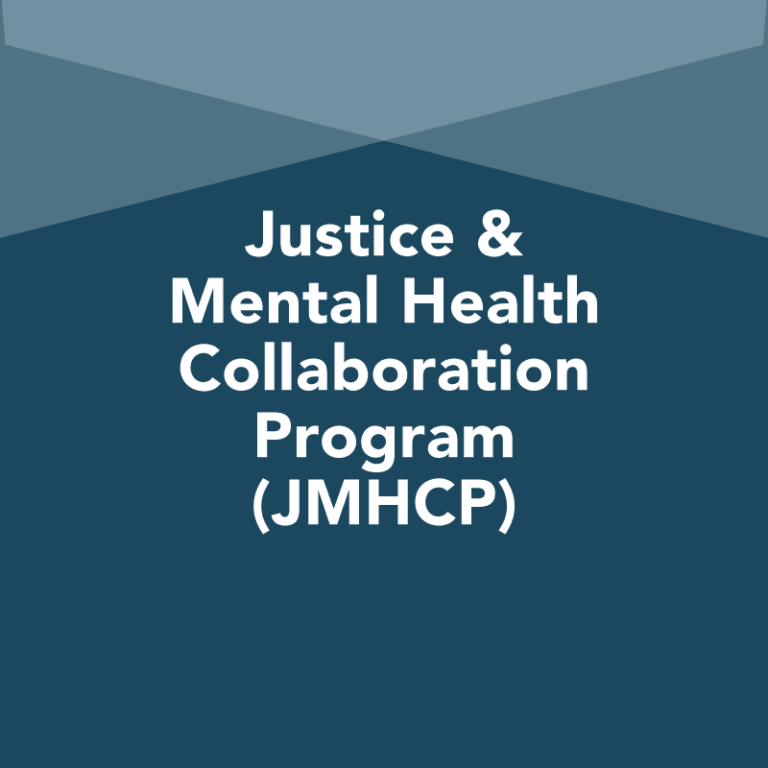As officers are increasingly tasked with responding to people in crisis, jurisdictions are seeking ways to support their law enforcement agencies while also addressing their crisis system needs. For many communities, mobile crisis teams--trained health professionals who can provide on-the-scene crisis assistance--are a great option. These responders often reduce reliance on traditional criminal justice measures such as arrest and citations and reduce transfers to emergency rooms. This brief provides an overview of mobile crisis teams and offers four tips to ensure their success.
Related Resources

Preparing Law Enforcement Agencies for Embedded Clinicians
Crisis Systems, Law Enforcement, Mental Health
Read more
Building Successful Partnerships with Peer-Run Organizations
Co-Occurring Substance Use, Mental Health
Read more
FY2023 Planning and Implementation Guide for JMHCP Connect and Protect
Co-Occurring Substance Use, Law Enforcement, Mental Health
Read moreAuthors

Demetrius Thomas
Former Deputy Program Director, Behavioral Health
Demetrius Thomas oversaw training and technical assistance for the Justice and Mental Health Collaboration Program. Prior to joining the CSG Justice Center, he worked at the New York City Department of Health and Mental Hygiene developing and managing programs aimed at reducing criminal justice involvement among people with mental or behavioral health needs. There, he led the agency’s work in establishing New York City’s first-ever diversion centers and co-response teams. He has advocated, litigated, and legislated on a range of issues at the intersection of criminal justice and public health. Demetrius earned a BA with a dual concentration in international and U.S. politics from Columbia University and a JD from the University of the District of Columbia David A. Clarke School of Law.